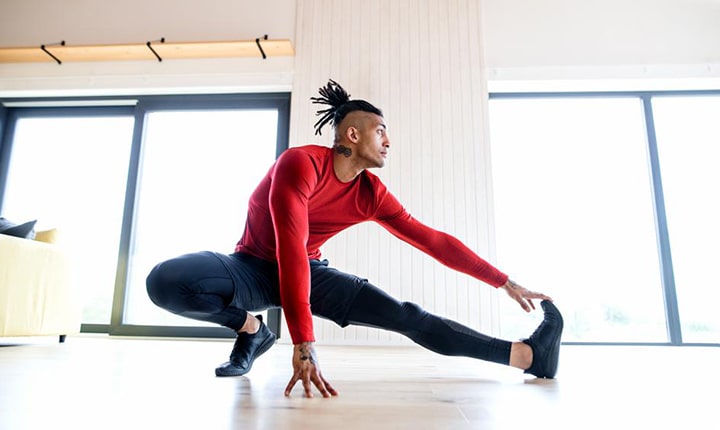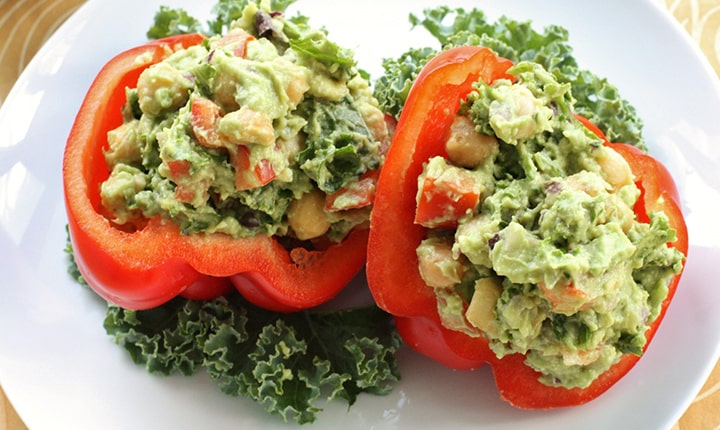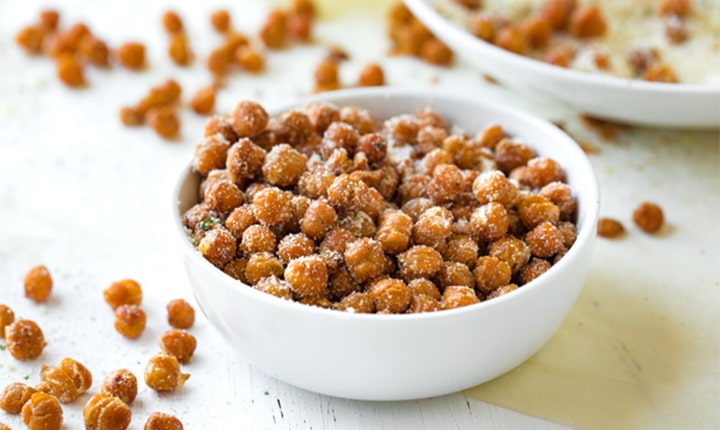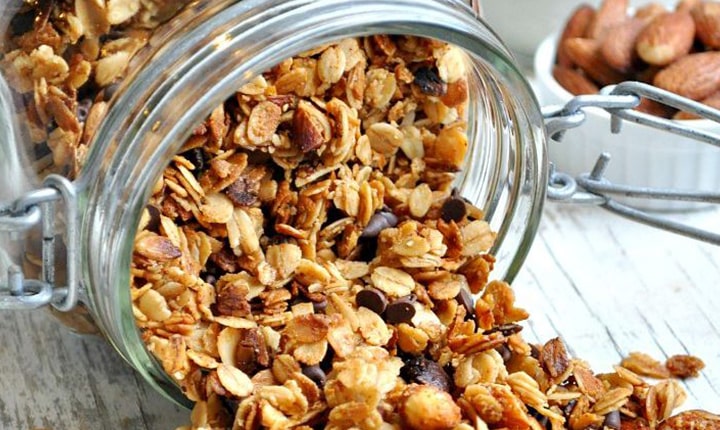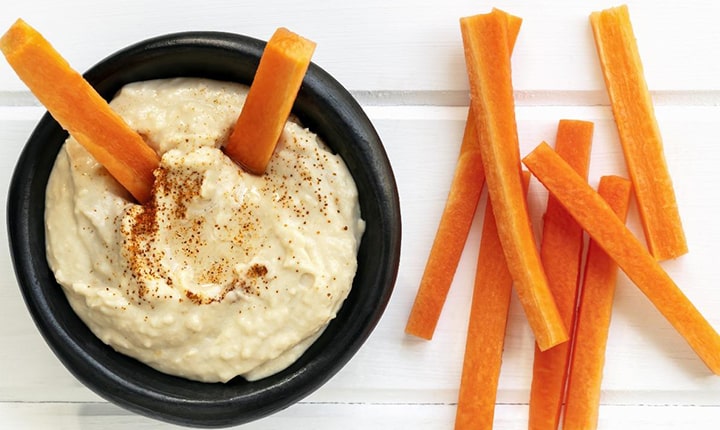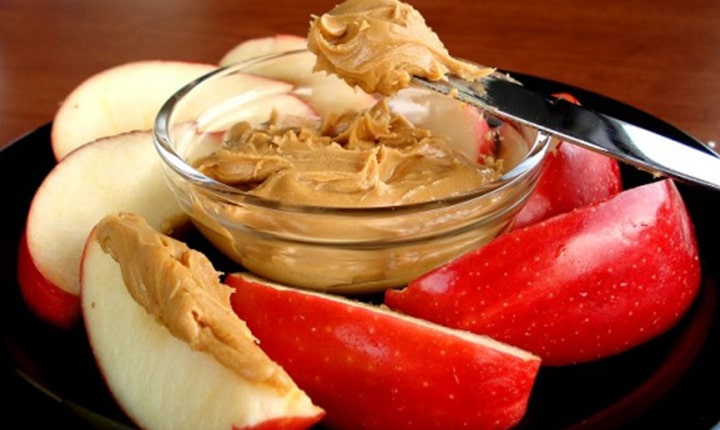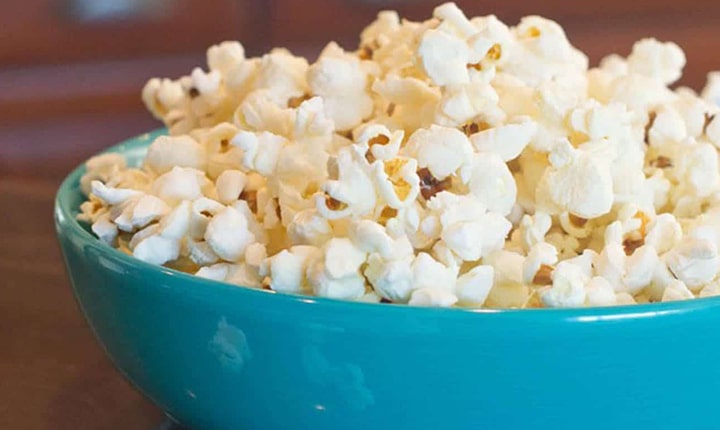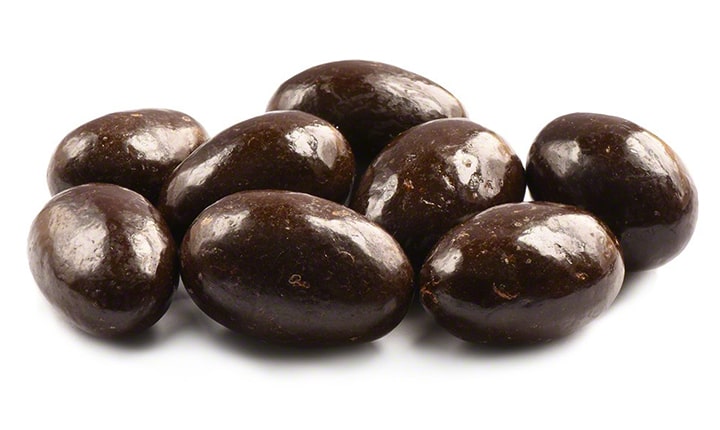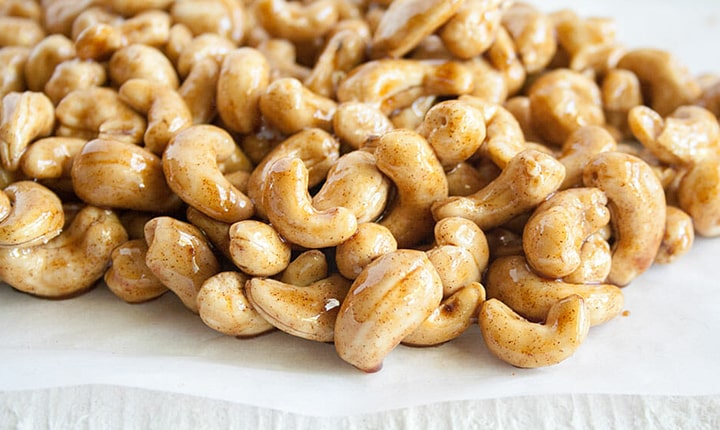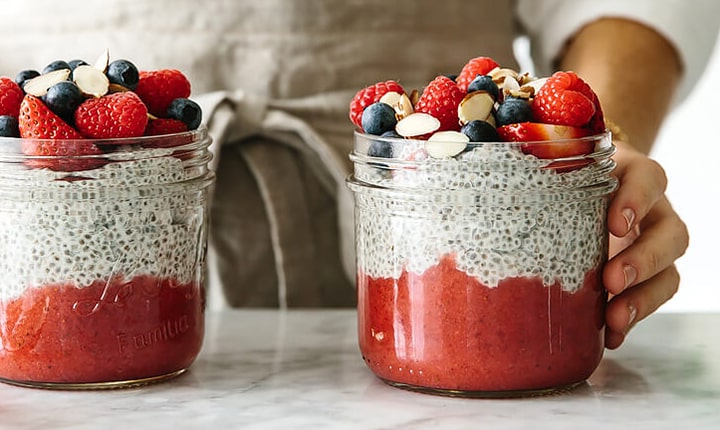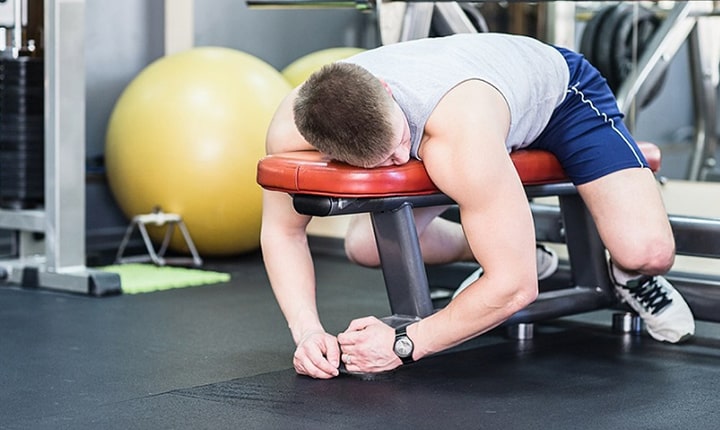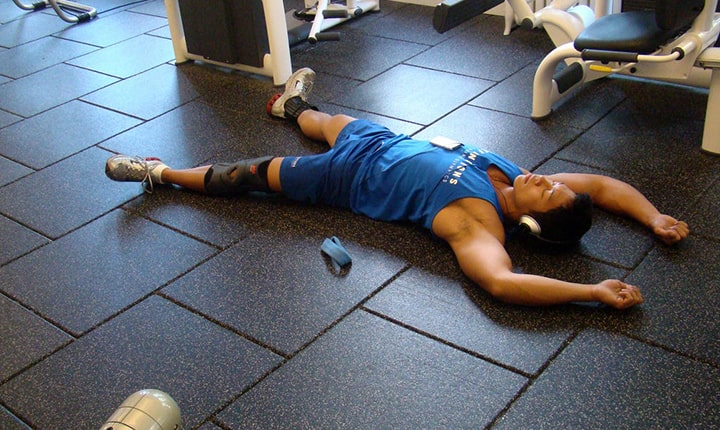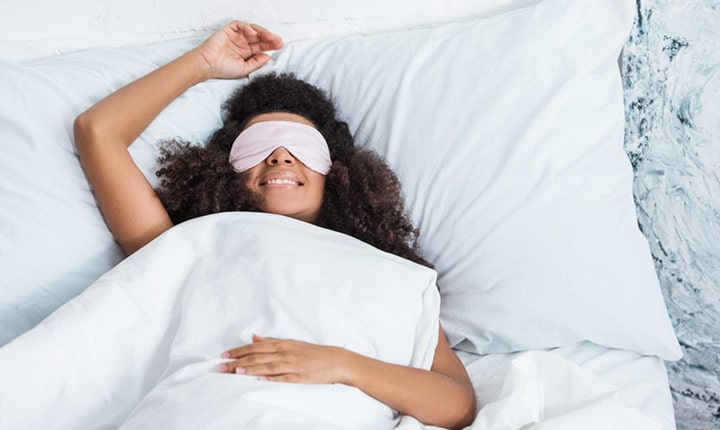One of the most underrated aspects of the workout regime is the post-exercise routine. Most of us are extremely negligent and even ignorant of the actions that need to be taken after finishing our workout routine. Stretching after exercise not only decreases muscle tension, but it also improves your overall flexibility.
This is why fitness trainers around the globe recommend their clients to include stretching in their workout routine. It makes the workout regime well-balanced. No matter what type of training you are under – strength-based or cardiovascular – stretching is an absolute must.
To help you understand the apparent as well as the subtle benefits of stretching after exercise, we bring before you a comprehensive list of the same. In addition, we will also talk to you about the different types of stretching that you can do. So, it is time to stretch it out…
7 Benefits of Stretching After Workout
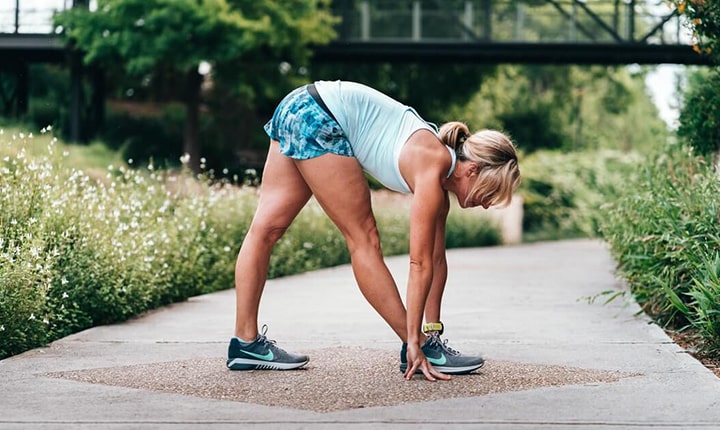
We all know how important it is to stretch before a workout session since it helps in stimulating your movements, warming up your body, and preparing it for the exercises you are about to perform safely. But the benefits of stretching after exercise are also plentiful.
Most people feel the necessity to take a short nap or hop in the shower or nibble in some snack immediately after they finish their workout session. However, that is not the smartest choice. There is a process to everything and they need to be performed properly so that you can reap the most benefits out of the efforts you are putting in working out.
Now, we do understand that all of us have a tight schedule and we probably can’t devote more time to our workout regime than we already do. Don’t worry! You don’t have to stretch for a long time after workout. In fact, you can stretch several muscles groups at once, thereby saving more time of yours.
Alright, without any further ado, let us get into the benefits of stretching after workout now.
Improves Flexibility
The biggest advantage of stretching after workout is that it improves your flexibility. You may not notice the difference immediately, but after a few weeks, you would find yourself to be more flexible than you were before.
When you hold static and deep stretch poses at the end of your workout routine, you will have more access to the length in various parts of your body. You will be able to move around easily and will experience a better range of motion.
Lowers Muscle Tension
Almost of us experience tension in our muscles after exercising and it can get overwhelming quite soon. In addition, stress can also contribute to the tension in your muscles.
Stretching after exercise can help relax the tension in your muscles. In the process, your stress level goes down and you, in turn, feel calmer. Furthermore, stretching plays a great role in lowering back pain. This is why we recommend you to stretch your hip flexors, hamstrings, and the muscles attached to your pelvis.
Not to mention, stretching would also give your muscles tone and help them look slender.
Protects Joints
Your joints play a vital role in supporting and moving your body. They are made of connective tissues and have various muscle attachments. Your shoulders, hips, and knees need to be taken care of if you want to better mobilise your body.
You would end up losing tension in your joints and there won’t be any stiffness in those areas. To put it simply, stretching help in taking care of every sore muscles and joints.
Improves Posture
When your muscles are tensed and tight, it results in you having a poor posture. Moreover, every time you sit or stand incorrectly, you end up putting additional strain and pressure on your muscles.
As per a study conducted in the year 2015, it was seen that if you combine a strength-based training routine with stretching exercises, then you would be able to avoid any sort of shoulder or back pain.
Stretching would help in proper alignment, which ultimately would improve your posture. You would also be in better control of avoiding any potential back injuries in the future.
Lowers the Chance of Cramping
Have you ever wondered why your body gets tired and sore are a workout routine? Well, that is because every time you workout, your body produces lactic acid. It is extremely important to eliminate this lactic acid because if it stays accumulated inside your body, your muscles will never be able to relax.
Stretching is one of the easiest ways through which you can eliminate this lactic acid. This also means that you would not experience any sort of cramping in your body after a workout as they are usually the results of body fluids getting stuck in your body.
Increased Blood Flow
Immediately after a strenuous workout session, your body pumps blood at a faster rate to your heart, making it beat at a much faster rate. This can have a negative impact on your health if not taken care of.
Stretching helps in your heartbeat returning to a normal rate. In an animal study that was conducted in the year 2018, it was also seen that stretching helps in improving circulation. As such, your muscles are also able to heal quickly after a workout session. Better blood circulation would also prevent muscle stiffness and soreness.
Boosts Your Energy
Proper stretching after workout helps in keeping your energy level steady and consistent. Stretching also allows your brain to release endorphins, which is a feel-good healthy and natural chemical.
As a result, you end up feeling more energized and you can stay with more energy for the rest of the day to meet any challenge.
Prevents Injury
Stretching not only dissipates the pain but also help in minimalizing it to a great degree. If you don’t stretch after an intense workout, your muscles remain tight and you run the risk of incurring injuries.
During stretching, your muscles are elongated which means the risk of tearing and ripping of muscle tissues and fibres are way less. So, save your body from being susceptible to injuries and stretch out.
Cools Your Body Down
As we have stated above, stretching helps in improving blood circulation which ultimately helps in bringing back your heartbeat to a normal rate.
In fact, stretching is the gradual shift to a stage of relaxation after a heavy workout. It would offer your body and mind with a sense of mindfulness and patience. So, this is why immediately resting after a workout is not recommended. You have to go through a gradual flow and stretching is the perfect gateway to that.
The Different Types of Stretching

A lot of people are unaware of the different types of stretching exercises. You need to have a clear understanding of them before trying them out. This knowledge would help you figure out which stretching exercise is appropriate for which time.
Without complicating the subject and causing confusion, we just want to keep the classifications simple for a better understanding. Broadly speaking, stretching exercises are primarily of two types – static and dynamic. Let us now try to understand how these two types of stretching exercises differ from each other.
Static stretching refers to the stretches where you have to hold a pose for a period of time that can last anywhere between 20 to 60 seconds. In this type of exercises, you stay in a particular place and don’t move at all while stretching a particular muscle or group of muscles. Static stretching is done at the end of the workout when your muscles are already warm.
On the other hand, dynamic stretching exercises refer to those exercises that need active movements from you. Both your muscles and joints go through a full range of motion. Dynamic stretches are usually done before a workout since they help warm up your body and increase the heart rate up.
Summary
You may be tempted to rest immediately after a workout session but trust us; you need to understand the importance of stretching after workout. Maybe you won’t see the positive as well as negative implications right away. But in due time, you will.
The value that you give to stretching before exercises, the same should be given to the post-workout stretching. This is essentially the aftercare of your workout session. You won’t be able to reap the full benefits of the efforts you are putting in your exercise if you don’t stretch after your workout session.
While stretching, don’t push yourself too hard. If you are experiencing too much pain, then stop immediately. Pushing too hard will cause more damage than good. Remember, this is not a full-blown workout session. This is meant to relax you, not to cause additional pressure on you.


